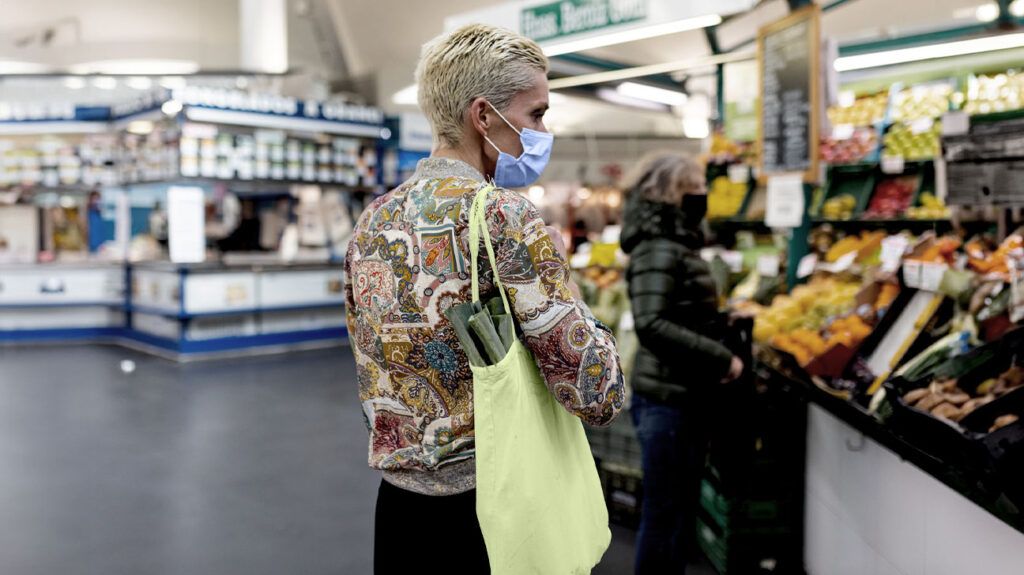Individuals with thalassemia minor may need to limit the amount of iron in their diet. Healthcare professionals typically recommend a nutritious diet rich in fruits and vegetables and low in fats for people with the condition.
Thalassemia is a genetic condition in which a person’s body does not produce enough hemoglobin. This is an important protein present in red blood cells. These cells do not function as well as they should with low levels of hemoglobin, so they cannot carry oxygen to other cells in a person’s body. All cells need oxygen to function.
Due to this lack of oxygen in the cells, people with thalassemia can develop anemia, which may cause them to feel tired and weak.
Thalassemia minor is a relatively mild form of the disease that may not present with any symptoms. Although doctors may not need to treat some people with thalassemia minor, maintaining a nutritious diet can help manage the condition.
This article explores which foods to eat and avoid in a thalassemia minor diet. It also discusses tips for managing the condition and how doctors treat it.

The
Additionally, research into thalassemia major in
Furthermore, vitamin C helps to support the immune system. The
Therefore, including vitamin C in a thalassemia minor diet, with a healthcare professional’s guidance, may be beneficial.
However, they may not be necessary for everyone. Individuals with thalassemia minor can discuss whether they need to monitor their vitamin C intake with a doctor, particularly if they are receiving blood transfusions.
Fruits and vegetables that are suitable sources of vitamin C
- citrus fruits, such as oranges and grapefruits
- green and red sweet peppers
- strawberries
- kiwifruit
- broccoli
- tomatoes
Research indicates that hepcidin can undergo suppression in people with thalassemia, resulting in higher iron levels in the body. Hepcidin is a hormone that regulates the breakdown of iron in the body,
In people with thalassemia who need blood transfusions, iron can build and deposit in certain organs in the body, such as the liver and spleen. Therefore, people receiving frequent blood transfusions may have a higher risk of higher iron levels.
However, blood transfusions are
Due to these considerations, the CDC advises that people with thalassemia
The CDC notes that foods containing higher amounts of iron include:
According to a
However, someone with thalassemia
- eating a nutritious diet
- avoiding excess iron intake
- exercising regularly
- building relationships with others
- taking a folic acid supplement, if a doctor advises
- taking precautions against infections, such as keeping vaccinations up-to-date
According to the
Doctors may treat anemia in thalassemia using blood transfusions. Some people with thalassemia major may need regular blood transfusions. However, the CDC states that those with thalassemia minor do not typically need transfusions because they may not have anemia or only have a mild case.
In addition, the CDC explains that doctors often prescribe folic acid to those with thalassemia to help red blood cells develop.
Someone with thalassemia minor may have mild symptoms or none at all. Therefore, they may only require little, if any, treatment from a doctor.
Thalassemia minor is a milder form of the genetic condition thalassemia. People with thalassemia minor may not experience any symptoms or require any treatment for the condition.
Because of how the body processes iron in the gut, people with thalassemia may have higher levels of the metal in their bodies. Additionally, if someone with the condition requires a blood transfusion, they may develop excess amounts of iron, which could be dangerous.
Experts advise people with thalassemia to monitor their iron intake and limit iron-rich foods, such as meat and fish. Eating a varied diet, including plenty of vegetables and fruit and lower amounts of fat, can help someone with thalassemia minor manage their condition.
However, individuals with thalassemia minor need to speak with a healthcare professional before changing their diet. A doctor can also recommend other methods to manage the condition.
